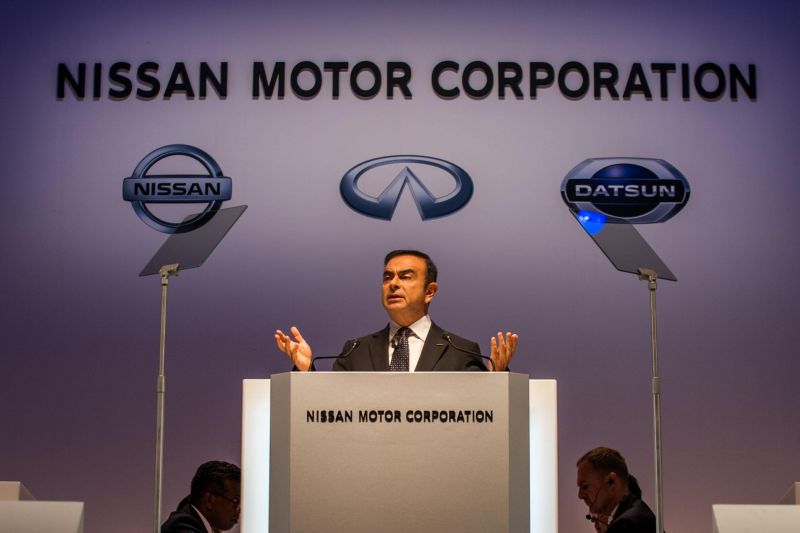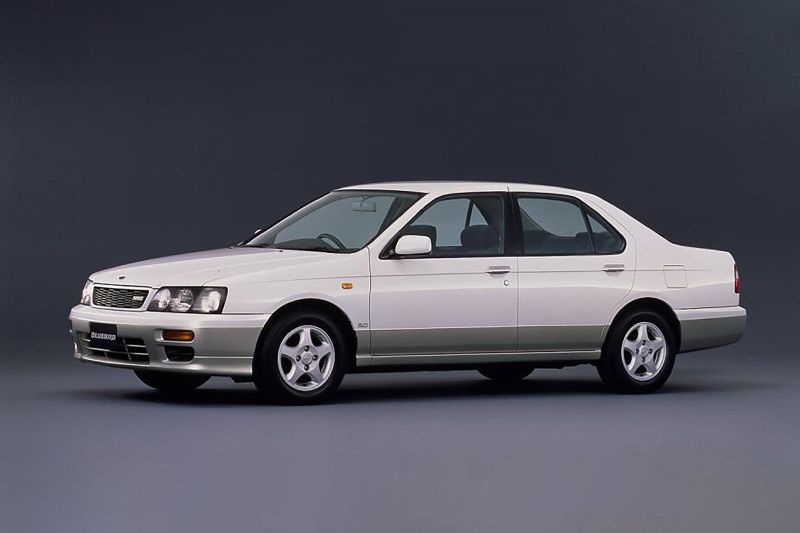The man once feted as a corporate superhero is now suing his former employer for over US$1 billion. Yes, Carlos Ghosn is back in the headlines, and he’s hoping to clear his name and hit Nissan where it hurts.
Overnight Ghosn filed a lawsuit in Lebanon seeking US$588 million ($865 million) in lost earnings and costs, and US$500 million ($735 million) in punitive damages.
In the lawsuit Ghosn alleges “the serious and sensitive accusations” made against the former CEO “will linger in people’s minds for years”. As a result Ghosn “will suffer from them for the remainder of his life, as they have persistent and lingering impacts, even if based on mere suspicion”.
The filing names a number of Nissan employees, including executives and board members, as well as Toshiaki Onuma, a manager in the CEO’s office, and Hari Nada, a senior vice president who was instrumental in many of Ghosn’s alleged financial crimes and who negotiated a plea deal to become a state witness.
A judge has set the first hearing date for Ghosn’s suit for September this year. It’s possible Lebanese authorities will seek help from their Japanese counterparts, but it’s unclear whether that will be forthcoming.
Ghosn is a fugitive from Japanese law, and Lebanon doesn’t have an extradition treaty with Japan.
Carlos Ghosn was dramatically arrested in November 2018 after arriving in Tokyo for a Nissan board meeting. Ghosn was charged with under-reporting his pay, temporarily transferring investment losses to Nissan, and a shady deal with a Middle Eastern importer that reportedly netted him US$5 million ($6.9 million).
He fled home detention at the end of 2019 and was smuggled aboard a private jet bound for Turkey in an instrument case. He then transferred to a plane headed for Beirut, Lebanon, where he resides to this day.
Born in Brazil to Lebanese parents, Ghosn holds citizenship in both of these countries, as well as France, where he studied and began his automotive career.
As there’s no extradition treaty between Lebanon and Japan, it’s likely Ghosn will remain at large but trapped within his ancestral homeland.
After completing two degrees in Paris, Ghosn joined Michelin in 1978. He quickly rose through the ranks and became the Brazilian arm’s COO by 1984. After turning around the Brazilian branch, and running the North American division, Ghosn joined Renault in 1996.
Through aggressive restructuring, he turned around Renault’s South American operations, but earned the nickname “Le Cost Killer”.
When in 1999 Renault purchased a controlling stake in Nissan, which was drowning in around ¥4.3 trillion ($54.6 billion) of debt, Ghosn was parachuted in as COO.
With the automaker on its knees, Ghosn didn’t adhere to Japanese corporate tradition, which valued jobs for life and close bonds between affiliated firms.
After firing about one-seventh of its workforce, closing factories, renegotiating supplier contracts, and culling the company’s sprawling and largely bland product range, Nissan was soon back in the black, and Ghosn was promoted to CEO.
In 2009 he added CEO of Renault to his growing role of job titles, and oversaw an unwieldy alliance between the two firms, where Renault had a 44 per cent voting stake in Nissan, and Nissan in turn had a 15 per cent non-voting stake in Renault.
Tensions between the two partners grew over the years, especially as Nissan became the dominant generator of profits and sales, and many in Nissan began to suspect Ghosn or the French government, which owned a 15 per cent stake in Renault, wanted to merge the two automakers.
It was in this climate of suspicion and fear that Ghosn and Greg Kelly, the Nissan executive in charge of board compensation, were arrested in 2018.









